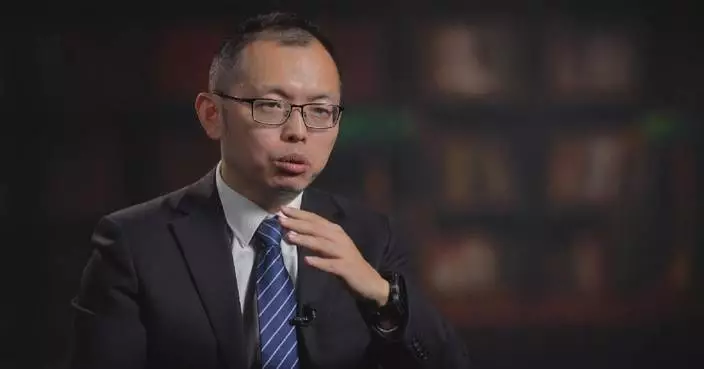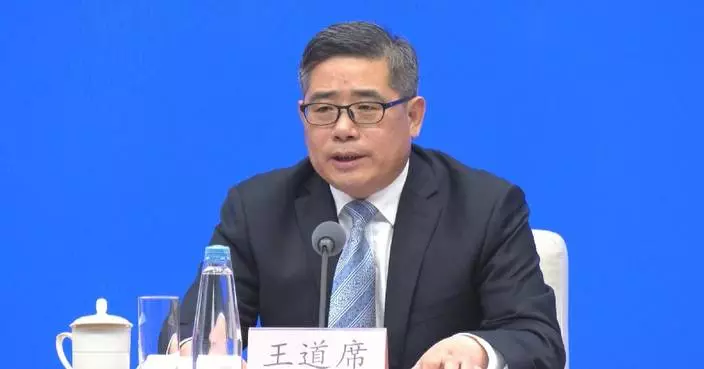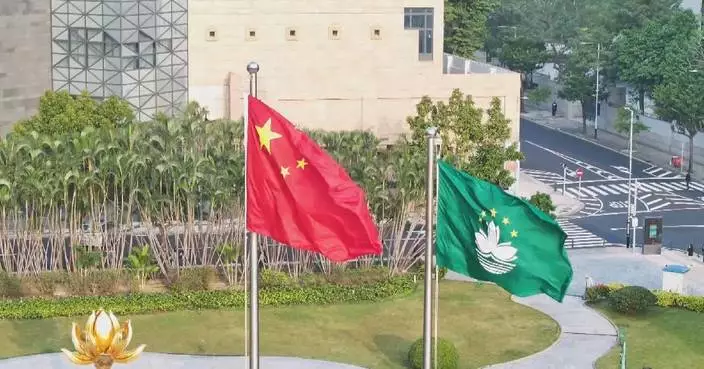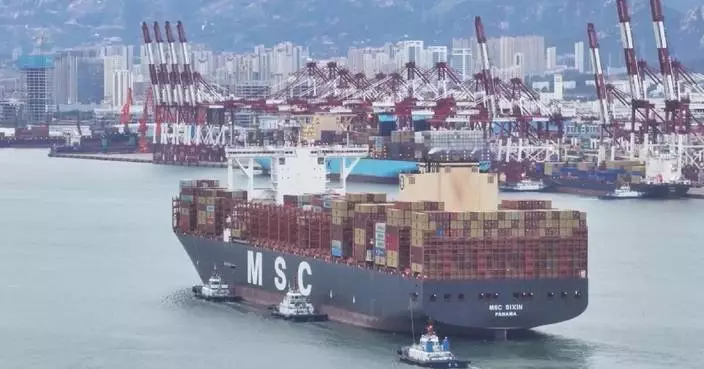China has mitigated risks in key economic areas in an orderly and effective manner this year, said a Chinese expert.
On a quarterly basis, China's economy grew by 5.3 percent year on year in the first quarter, but slowed down in the second and third quarters to 4.7 percent and 4.6 percent, respectively.
In the third quarter in particular, issues such as weak market confidence, insufficient effective demand, and subdued social expectations became evident.
In late September, the central government adopted a package of incremental policies which has since significantly enhanced market confidence and vitality.
"For example, in our real estate market, first-tier cities have started to bottom out and recover, and the transaction volume of second-hand homes has begun to increase. In the capital market, we can see that the policies introduced by the central bank and relevant regulatory authorities have played a crucial role in stabilizing the expectations and confidence of corporate entities," said Liu Yuanchun, president of the Shanghai University of Finance and Economics.
The Political Bureau of the Communist Party of China (CPC) Central Committee on Monday held a meeting to analyze and study the economic work of 2025.
It urged implementing a more proactive fiscal policy and a moderately accommodative monetary policy next year.
It is necessary to enrich and improve the policy toolkit, strengthen unconventional counter-cyclical adjustments, intensify the coordination of various policies, and make the macro regulation more forward-looking, targeted and effective, the meeting noted.
"The growth potential still lies in our continued investment in scientific and technological innovation. It also depends on the reform of the national market, which allows us to comprehensively promote various factors. The growth source comes from the continuous prevention against risks and effective release of risks, which will transform some of the factors that drag down growth into drivers of growth. Thirdly, we need to have a true global vision, use openness to counteract trade protectionism, and further leverage the power of 'Made in China' and Chinese brands in global development," Liu said.
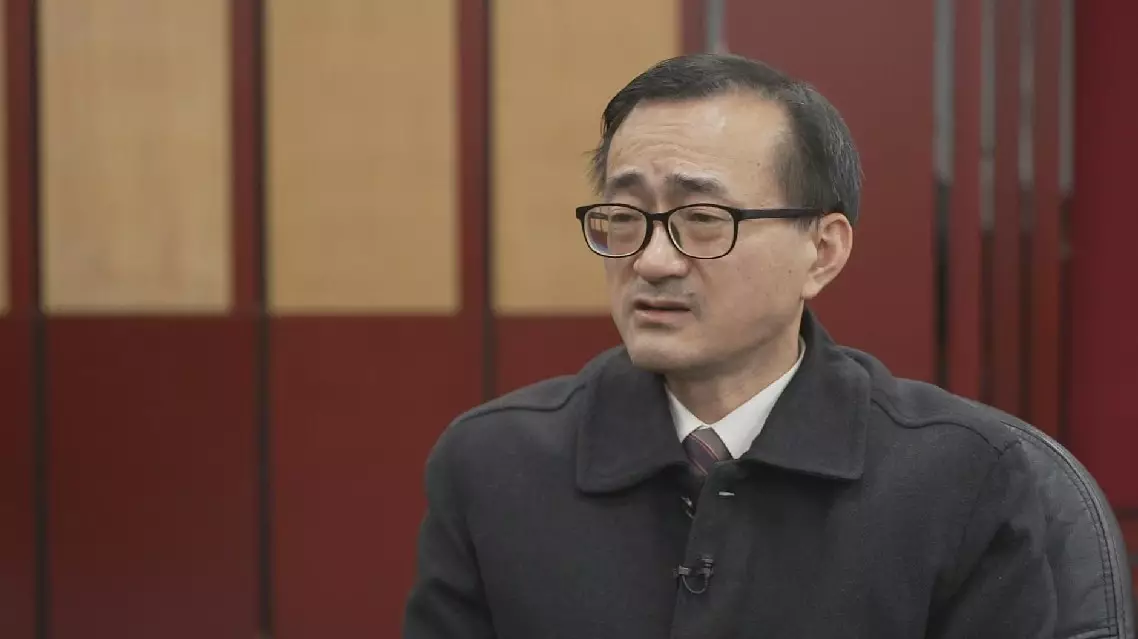
China effectively mitigates risks in key economic areas in 2024: expert



